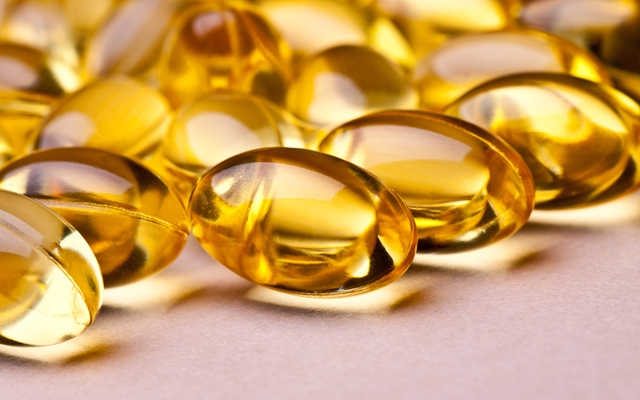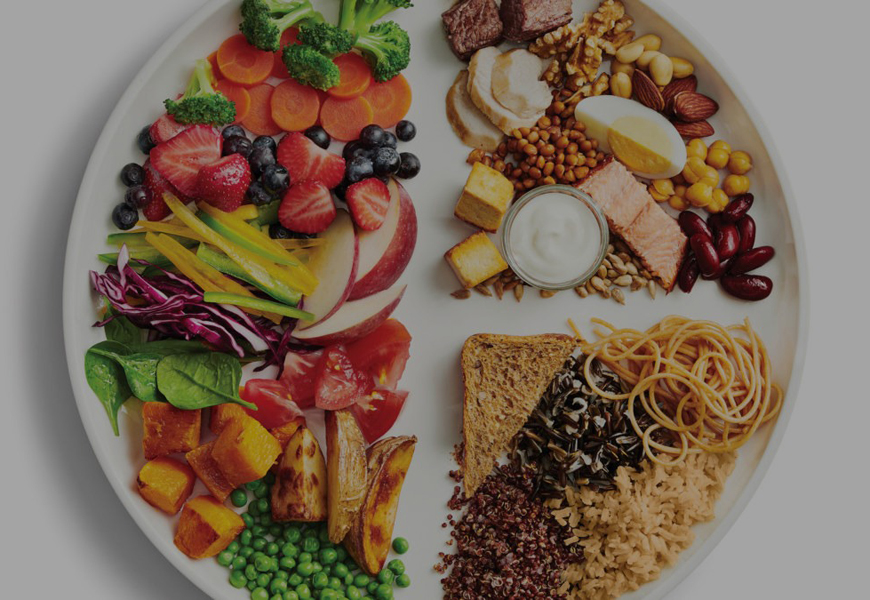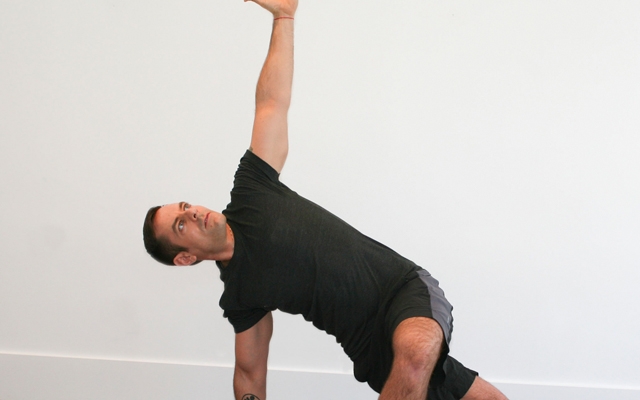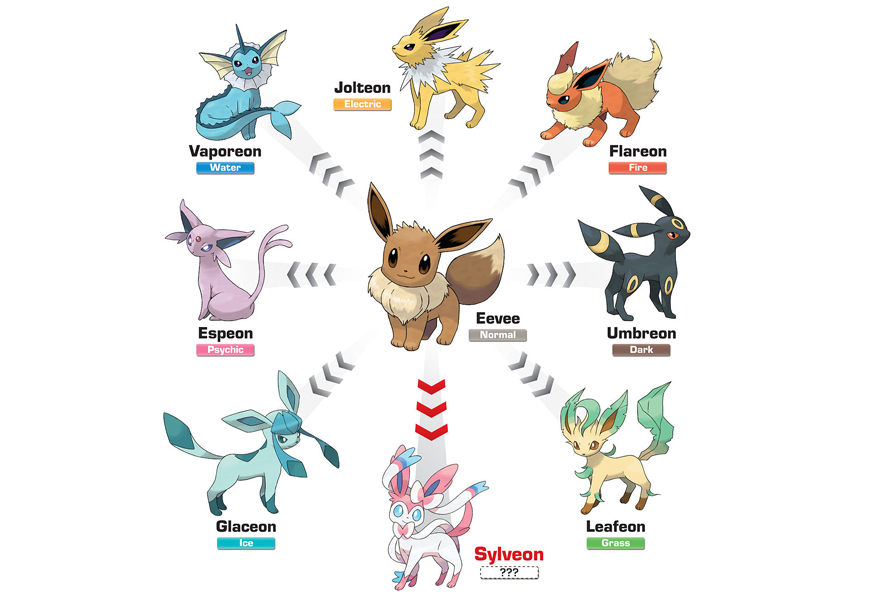Have you had your recommended daily servings of veggies today? Chances are slim. “Many men don’t eat enough greens,” says holistic nutritionist Rachel Bies. Based on her roster of clients, the typical guy doesn’t actively choose greens and other veggies unless they’re very health-conscious and diligent about it. “Or if they’re with a woman who gets them to eat more vegetables,” laughs Bies.
When you’re rushing about, eating a well-balanced diet can fall by the wayside leading to deficiencies in vitamins and minerals. And don’t fool yourself into thinking that taking that multivitamin covers you off. “Multi-vitamins have been proven that their daily doses allow us to survive, but not thrive. So we need to ‘supplement’ with food first, and then if needed with increased supplementation,” she says. And while there’s a gamut of nutrients we need, Bies, who also works as the resident nutritionist at Fit Factory Fitness in Toronto, has narrowed down five that’ll help you get back on track to optimal health.
1. Vitamin E helps fight infection and aids in cellular repair and renewal, says Bies, adding that it also helps protect the heart. Nuts and leafy green vegetables are rich with vitamin E. Try making kale chips to snack on throughout the week.
2. Magnesium assists in proper muscle function and aids in nerve impulse conduction. Where can you find it? “Dairy products, whole grains, fish, and meat are great sources of magnesium,” says Bies. Also, she says you can take it in supplement form before bed to reduce stress and aid in sleep. Consider cooking fish for dinner regularly and make sure you’re consuming more dairy than just the milk you add to your coffee.
3. Vitamin D is an important mineral because it helps keep bones strong and healthy. Salmon, tuna, mushrooms and eggs are good food sources of vitamin D, along with some dairy products that have been enriched with the vitamin. While you can get some D from sun exposure, given the limited food sources and you want to limit your sun exposure, supplementing with vitamin D is the simplest way to ensure you’re getting what you need.
4. Potassium is a mineral that helps regulate heart and kidney function. “Now, it is possible to get too much potassium, so look to healthy dietary sources such as avocados, white beans, salmon, dark leafy greens and bananas,” says Bies. Hello, now you have a great reason to make guacamole.
5. Selenium is an important antioxidant that helps regulate muscular, heart and immune function. You can find it in nuts, red meat, whole grains, seafood and in supplement form, says Bies.
While by no means an exhaustive list of the nutrients you need, “getting enough of these vitamins and minerals through food will contribute to you feeling, living and looking great!” says Bies.












